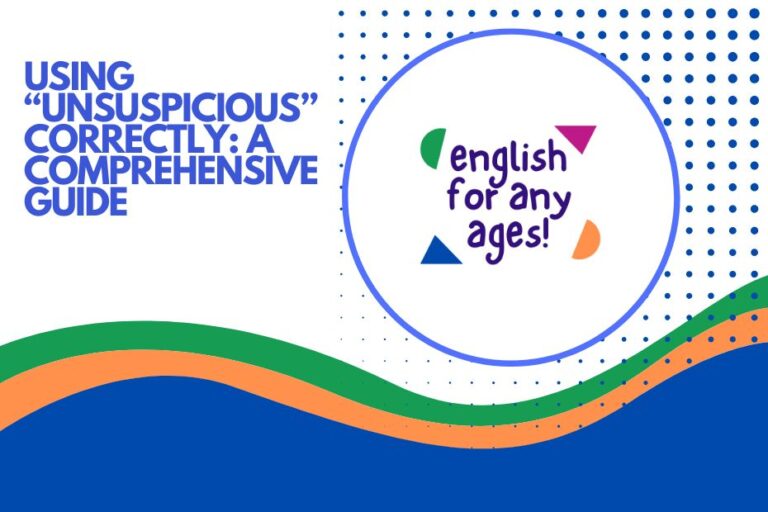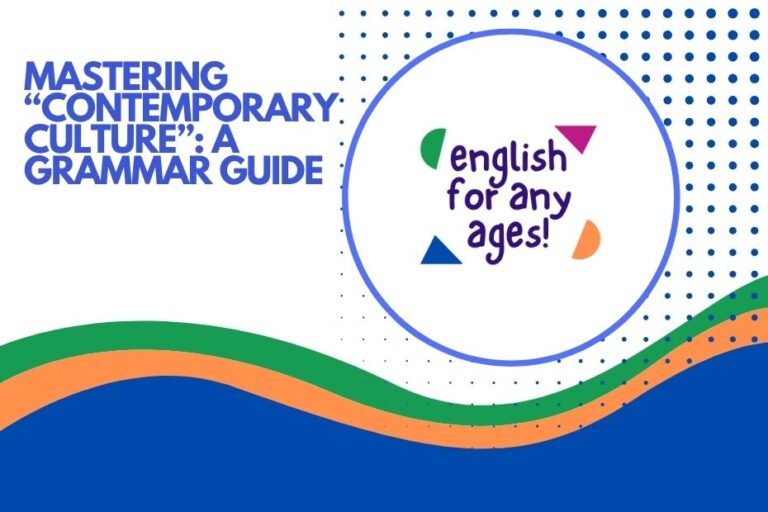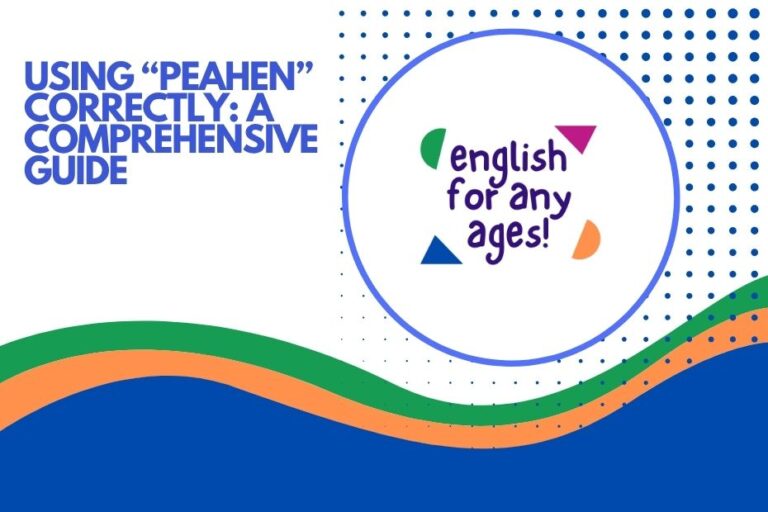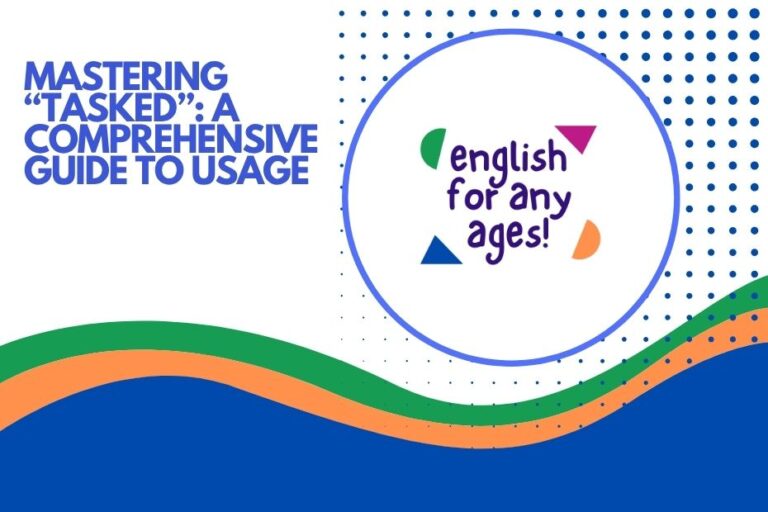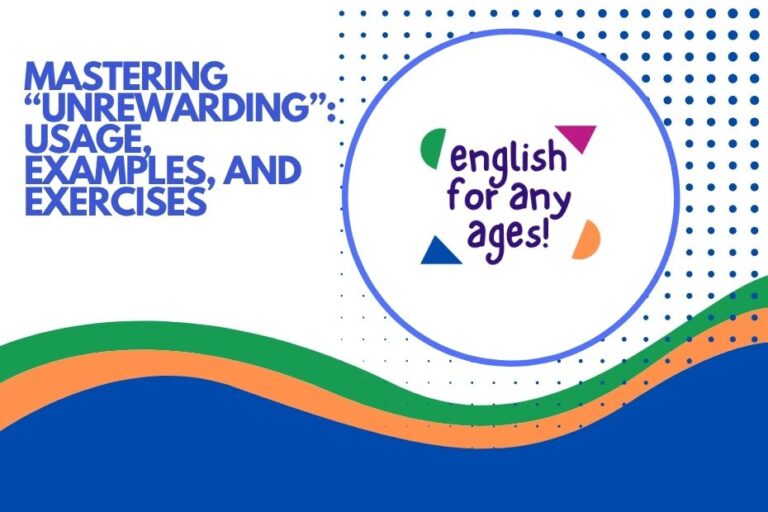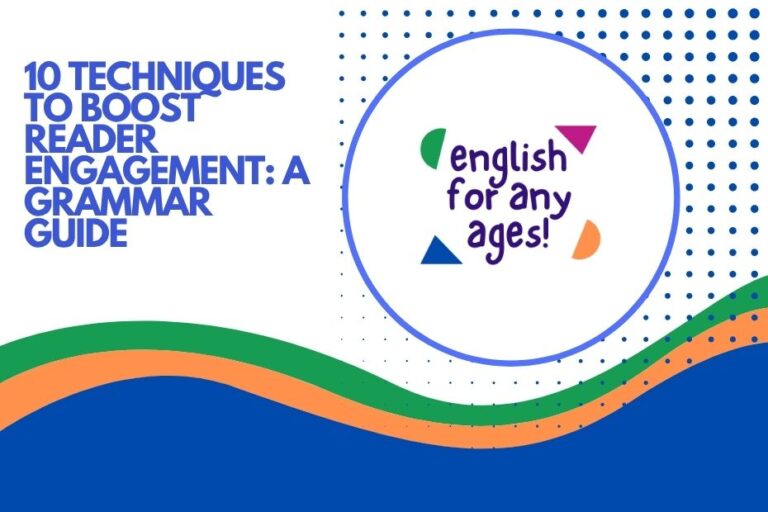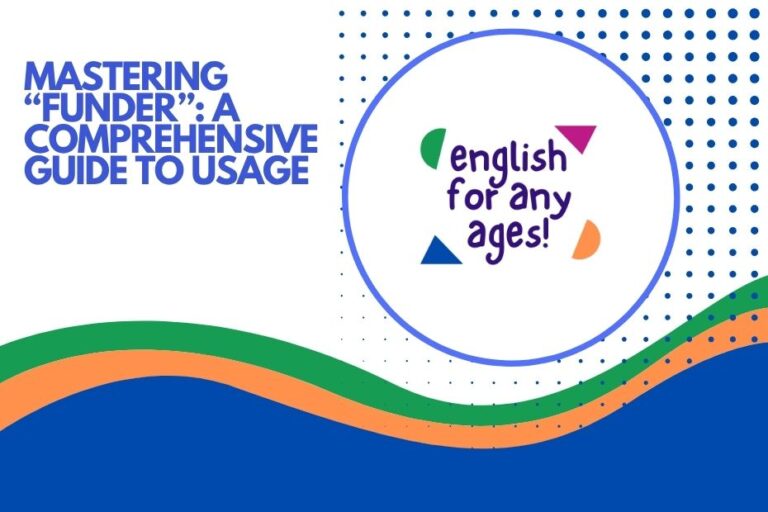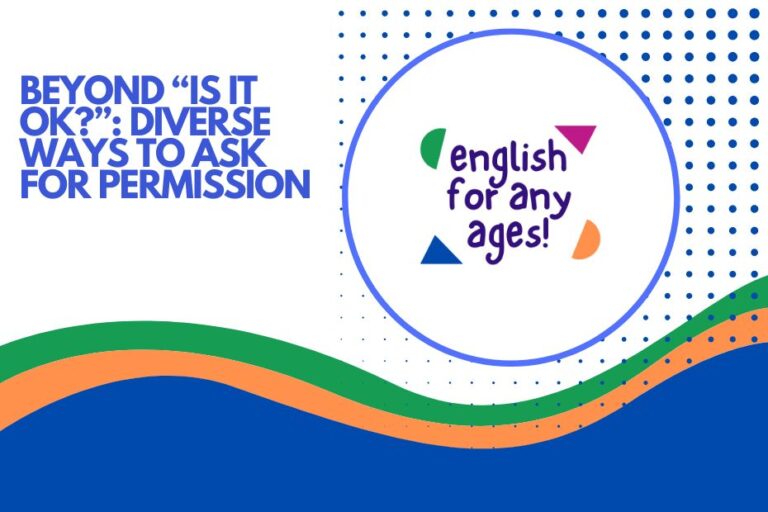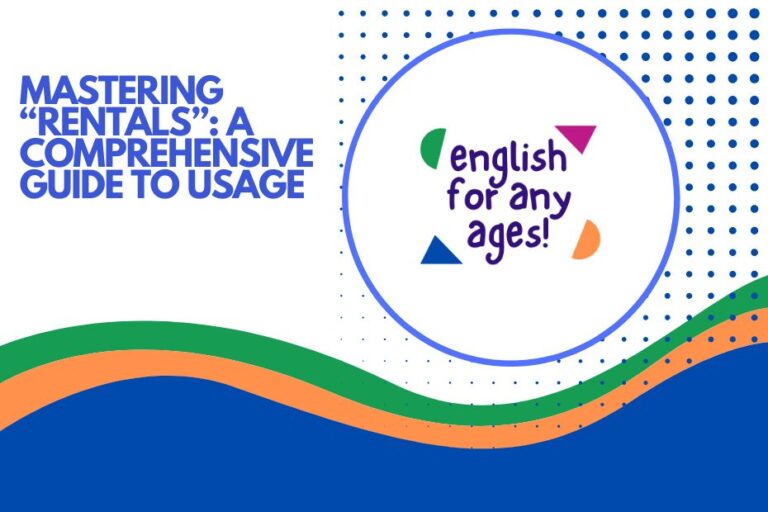Using “Unsuspicious” Correctly: A Comprehensive Guide
The English language is filled with nuances, and mastering these nuances is crucial for effective communication. One such nuance lies in the correct usage of words like “unsuspicious.” While seemingly straightforward, “unsuspicious” can be tricky to use correctly, especially when considering the context and intended meaning. This article aims to provide a comprehensive guide on…

